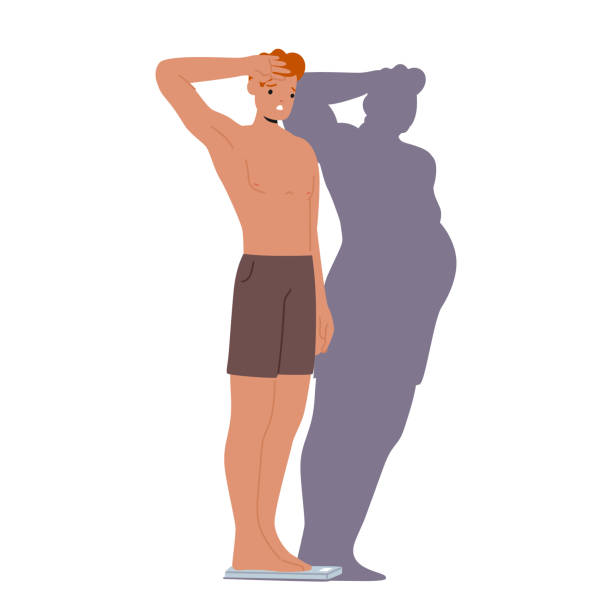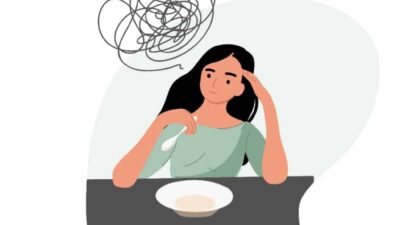What is Bigorexia?
Bigorexia, also known as muscle dysmorphia or reverse anorexia, is a psychological disorder characterized by an obsessive preoccupation with building muscle and enhancing physical appearance. It affects men more commonly than women, especially among young adults and adolescents.
Muscle Dysmorphia Disorder
Muscle dysmorphia—often referred to as bigorexia—is a serious mental health condition that typically affects bodybuilders. It can be life-threatening if left untreated.
Symptoms
Individuals with muscle dysmorphia perceive themselves as small and frail, even when they have a very muscular build. To correct this perceived flaw, they often resort to excessive workouts and anabolic steroid use.
Health Risks
Excessive exercise may lead to a variety of health problems, including:
- Malnutrition
- Cardiovascular issues
- Liver problems
- Kidney damage
- Sleep disorders
- Depression
- Anxiety
- Suicidal thoughts or behaviors
Steroid use further increases the risk of:
- Liver and kidney damage
- Cardiovascular complications
- Infertility
- Mood swings
- Aggressive behavior
A Real Case
A 25-year-old bodybuilder died recently after being in a coma for several months. The cause of death was excessive exercise and steroid use in an attempt to enlarge his body.
He suffered from muscle dysmorphia and always perceived himself as too small and weak. He exercised for six hours a day and used large amounts of steroids.
This resulted in liver and kidney failure, along with cardiovascular problems. He eventually fell into a coma and passed away a few months later.
Treatment for Bigorexia
Treatment can help individuals with bigorexia change their thoughts and behaviors regarding body image and food. It typically involves:
- Psychotherapy, especially Cognitive Behavioral Therapy (CBT)
- Cognitive restructuring, to address distorted self-image
Conclusion
Muscle dysmorphia is a serious and potentially fatal condition. If you or someone you know is suffering from this disorder, it’s important to seek help from a mental health professional.




